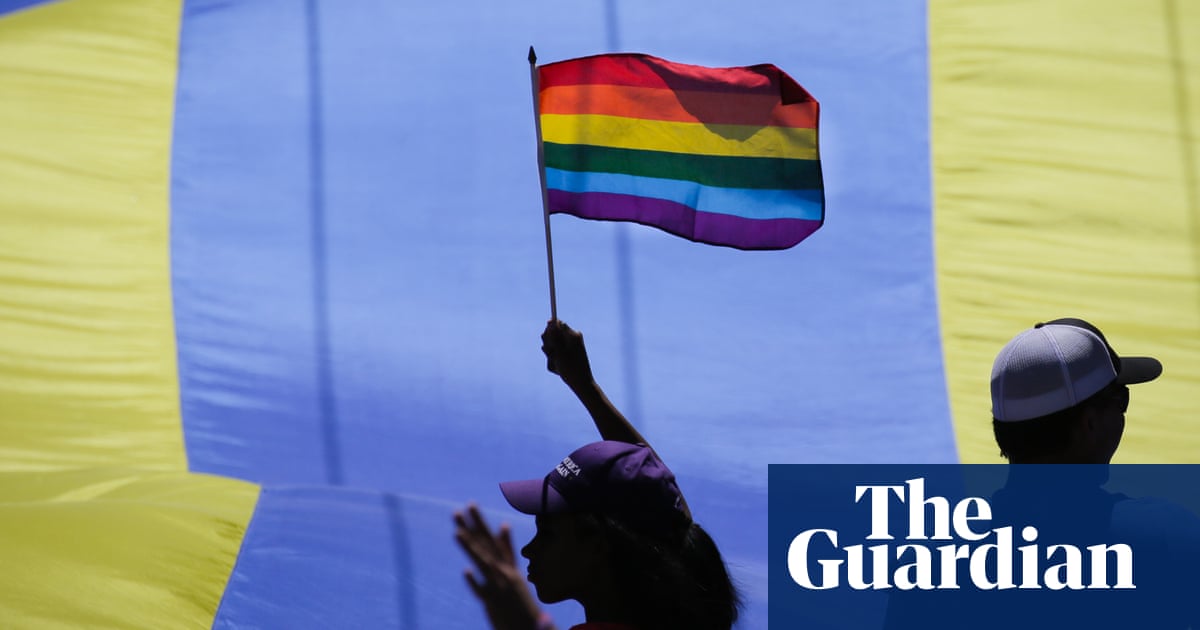A federal judge inCaliforniahas blocked theTrump administrationfrom enforcing anti-diversity and anti-transgender executive orders in grant funding requirements that LGBTQ+ organizations say are unconstitutional.
Jon Tigar, a US district judge, said on Monday that the federal government cannot force recipients to halt programs that promote diversity, equity and inclusion (DEI) or acknowledge the existence of transgender people in order to receive grant funding. The order will remain in effect while the legal case continues, although government lawyers will likely appeal.
The funding provisions “reflect an effort to censor constitutionally protected speech and services promoting DEI and recognizing the existence of transgender individuals”, Tigar wrote.
He went on to say that the executive branch must still be bound by the constitution in shaping its agenda and that even in the context of federal subsidies, “it cannot weaponize congressionally appropriated funds to single out protected communities for disfavored treatment or suppress ideas that it does not like or has deemed dangerous”.
The plaintiffs include health centers, LGBTQ+ services groups and the Gay Lesbian Bisexual Transgender Historical Society. All receive federal funding and say they cannot complete their missions by following the president’s executive orders.
The San Francisco Aids Foundation, one of the plaintiffs, said in 2023 it received a five-year grant from the Centers for Disease Control and Prevention (CDC) to expand and enhance sexual health services, including the prevention of sexually transmitted infections. The $1.3m project specifically targets communities disproportionately affected by sexual health disparities.
But in April, the CDC informed the nonprofit that it must “immediately terminate all programs, personnel, activities, or contracts” that promote DEI or gender ideology.
Donald Trump has signed a flurry of executive orders since his second presidency began in January, including ones to roll back transgender protections and stop DEI programs. Lawyers for the government say that the president is permitted to “align government funding and enforcement strategies” with his policies.
Plaintiffs say that Congress – and not the president – has the power to condition how federal funds are used, and that the executive orders restrict free speech rights.
